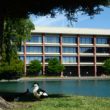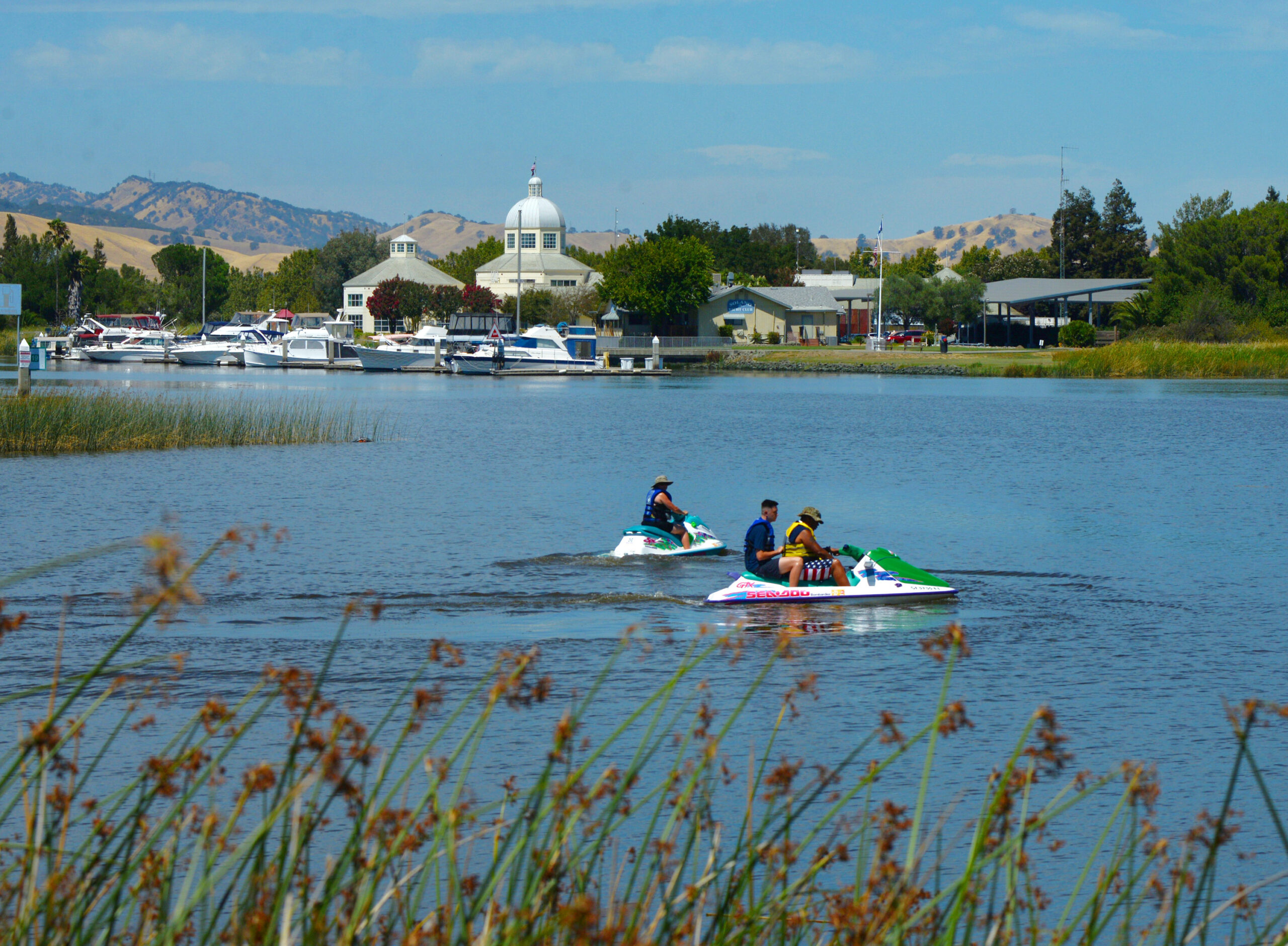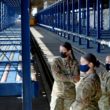DIXON — Dixon is as close as it comes in Solano County to a classic Central Valley farming town.
The city is located amid the Dixon Ridge farming area that has some of Solano County’s most fertile soils. Farmers grow everything from tomatoes to alfalfa.
No longer is Dixon the Dairy City, as it was called a century ago. But, though most of the dairies are now gone, the Heritage Dairy is located a few miles from town.
Many city events have a farming theme. The city hosts the annual May Fair, which began in the late 1800s and is the longest continually running agriculture fair in California. Fall brings such attractions as the Cool Pumpkin Patch corn maze.
Solano County has a 548-acre area zoned for agricultural services next to Dixon. This area is to be home to processing plants and other businesses that help the farming economy.
Dixon is more than a farm town, however. Certainly it has become more suburban in recent decades, with subdivisions swelling its population.
The city has about 18,000 residents, of which 40 percent are Hispanic of any race. Of the non-Hispanic population, 49 percent are white, 2.7 percent black, 3.5 percent Asian, 3.2 percent two or more races and the remainder Pacific Islander and other categories, according to the 2010 census.
In recent years, the city flirted with the idea of trying to land a movie studio that would have been built on the south side of town and produce family films.
But the studio never came about and agriculture still looms large. Just look at the city seal, which portrays an orchard and rows of crops in the foreground and buildings in the distance.
The city’s name comes about in a sense from a case of mistaken identity.
Elija Silvey in about 1851 founded the town of Silveyville, which was located a few miles from present-day Dixon. He set up a hotel and saloon for mule teams traveling between San Francisco and the gold fields in the Sierra Nevada and put up a red lantern to make certain people could find it.
By 1865, Silveyville had about 150 residents and boasted a store, blacksmith shop and a post office, with Silvey serving as postmaster. But the Central Pacific railroad came through in 1868 several miles away and Silveyville died. A new town sprung up along the railroad tracks, with people moving many of the Silveyville buildings there on rollers.
Thomas Dickson donated 10 acres for a train station called Dickson station, according to Frank Keegan’s 1989 book “Solano: The Crossroads County.” But somebody shipping the first consignment of goods there misspelled the name as “Dixon.” The mistake stuck.
The city is a true Central Valley town amid a county that is considered part of the Bay Area, with more in common geographically with Sacramento than San Francisco. It has the flat expanses of land and hot summer temperatures of the valley.
And, of course, it has the vast expanses of farmland at its borders.
Reach Barry Eberling at 427-6929 or [email protected]. Follow him on Twitter at www.twitter.com/beberlingdr.
Dixon
City Hall: 600 E. A St., 678-7000
Website: www.ci.dixon.ca.us
City Manager: Jim Lindley. Reach at 678-7000, ext. 101, [email protected].
City Mayor: Jack Batchelor. Elected in 2008, term expires in 2016. Reach at [email protected].
City Councilman: Dane Besneatte. Elected in 2010, term expires in 2014. Reach at [email protected].
City Councilman: Thom Bogue. Elected in 2010, term expires in 2014. Reach at [email protected].
City Councilman: Steve Bird. Elected in 2012, term expires in 2016. Reach at [email protected].
City Councilman: Jerry Castanon. Elected 2012, term expires in 2016. Reach at [email protected].







